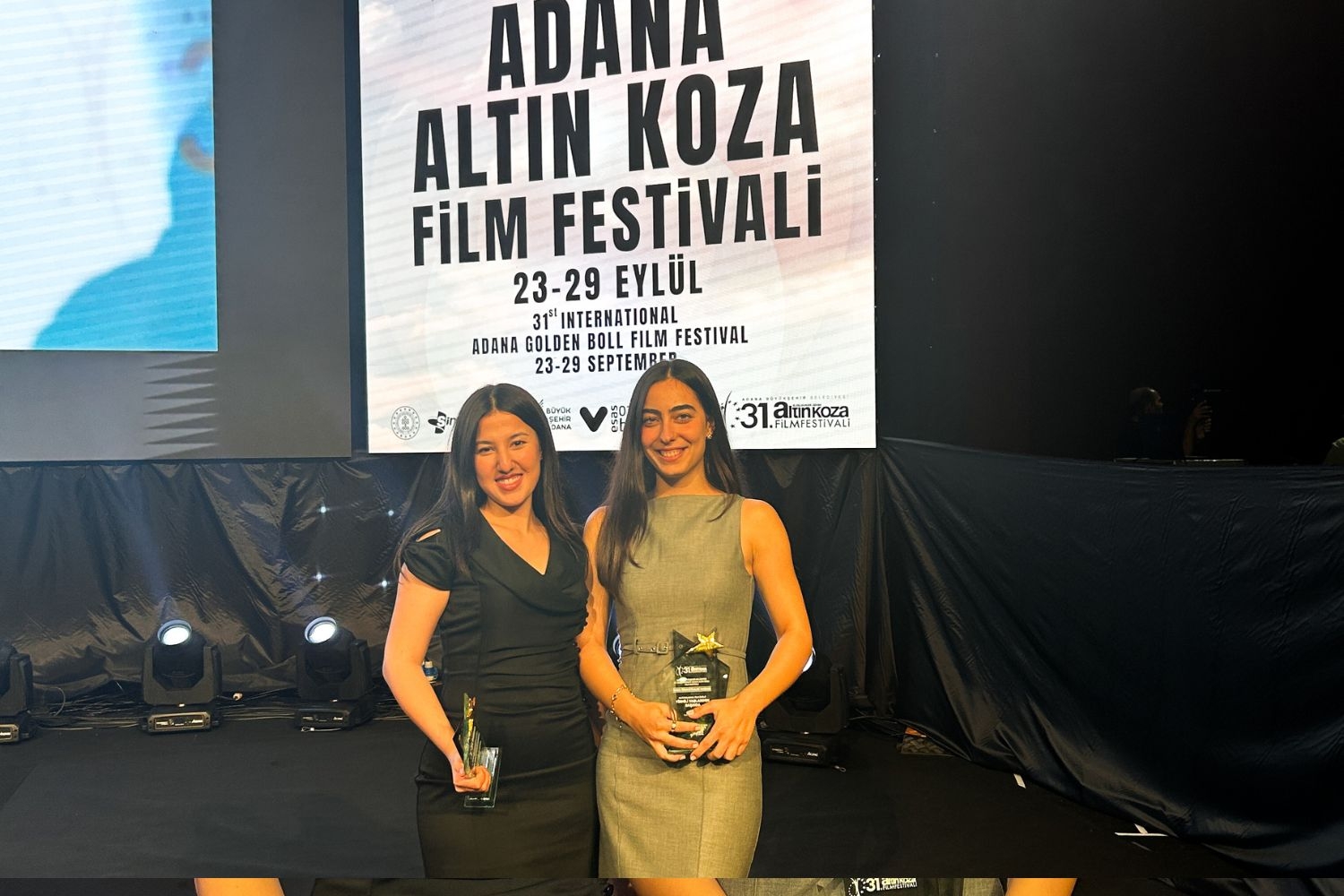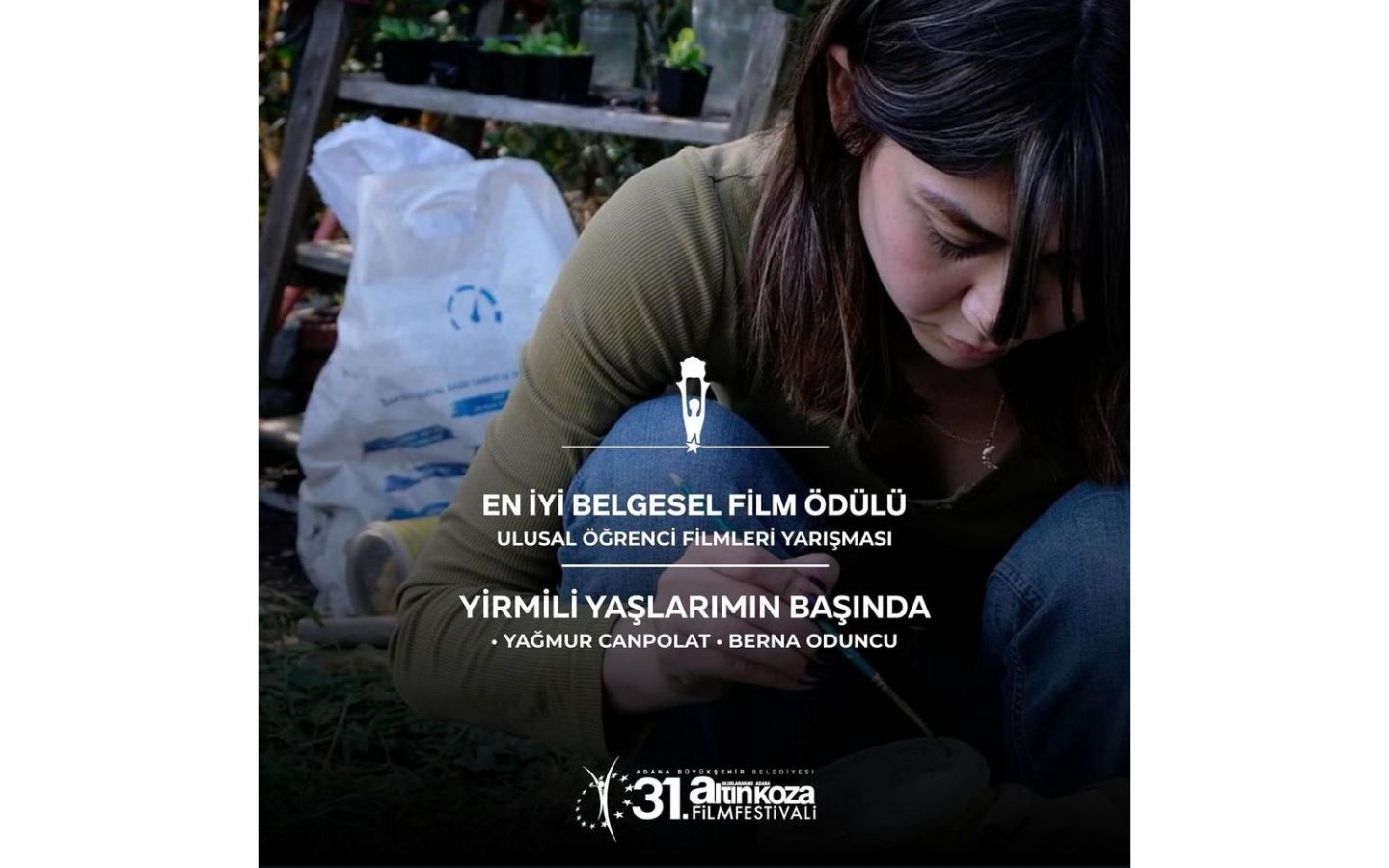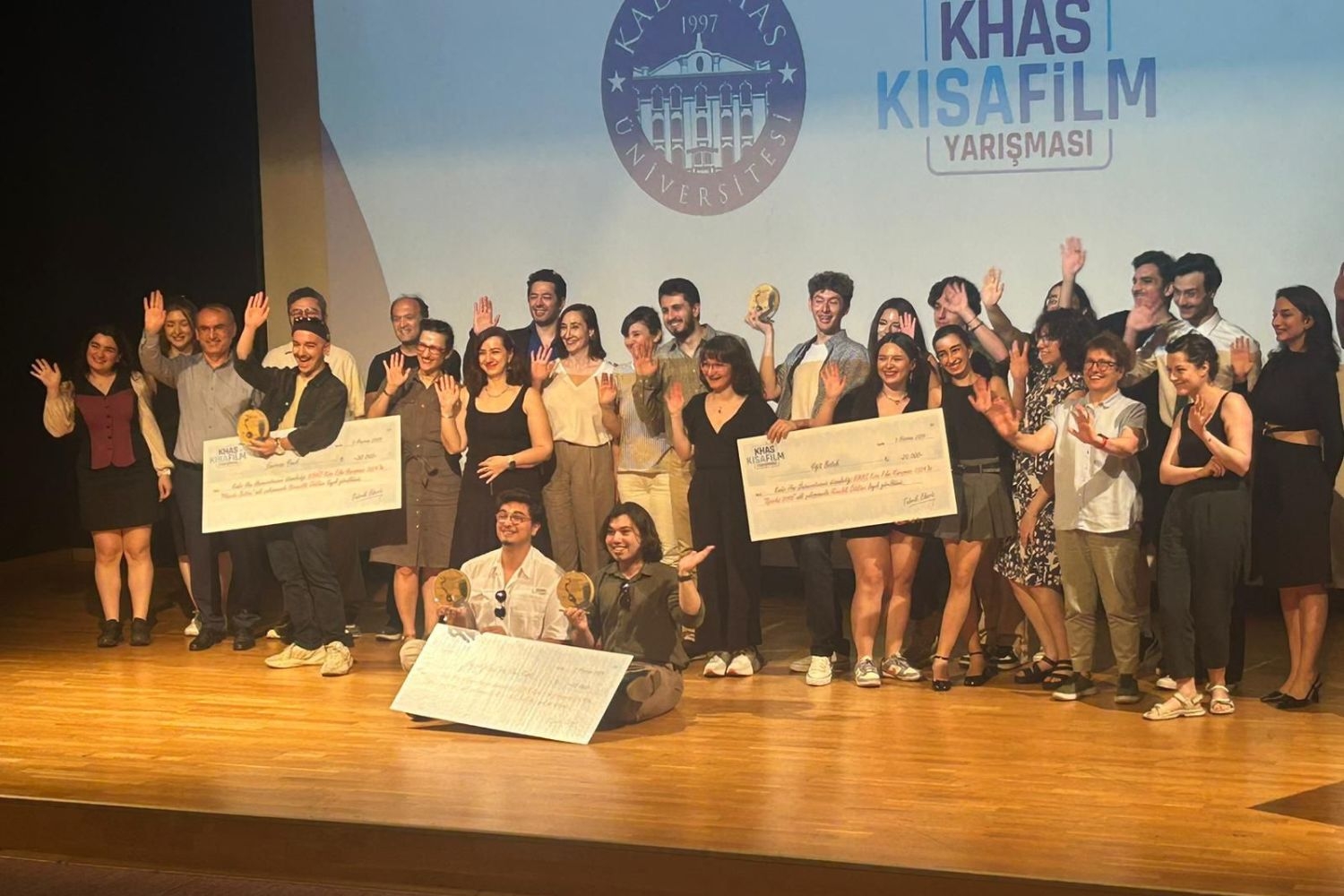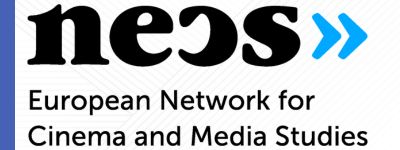
They shot and directed, and won the prize
Yağmur Canpolat and Berna Oduncu, students of Izmir University of Economics (IUE) Department of Cinema and Digital Media, won the ...

We returned from Golden Boll with an award!
Yağmur Canpolat and Berna Oduncu, students of Izmir University of Economics, Department of Cinema and Digital Media, won the Best ...

CDM students won an award the KHAS Short Film Festival!
Double Exposure, directed by Ömer Nakay and Oğuz Kaan Kurt, students of the Cinema and Digital Media Department at İzmir University ...

‘Galactic Treasure’ got an award from Hong Kong
Ecem Çörtle, a student from Izmir University of Economics (IUE) Department of Cinema and Digital Media, came third at the ...












